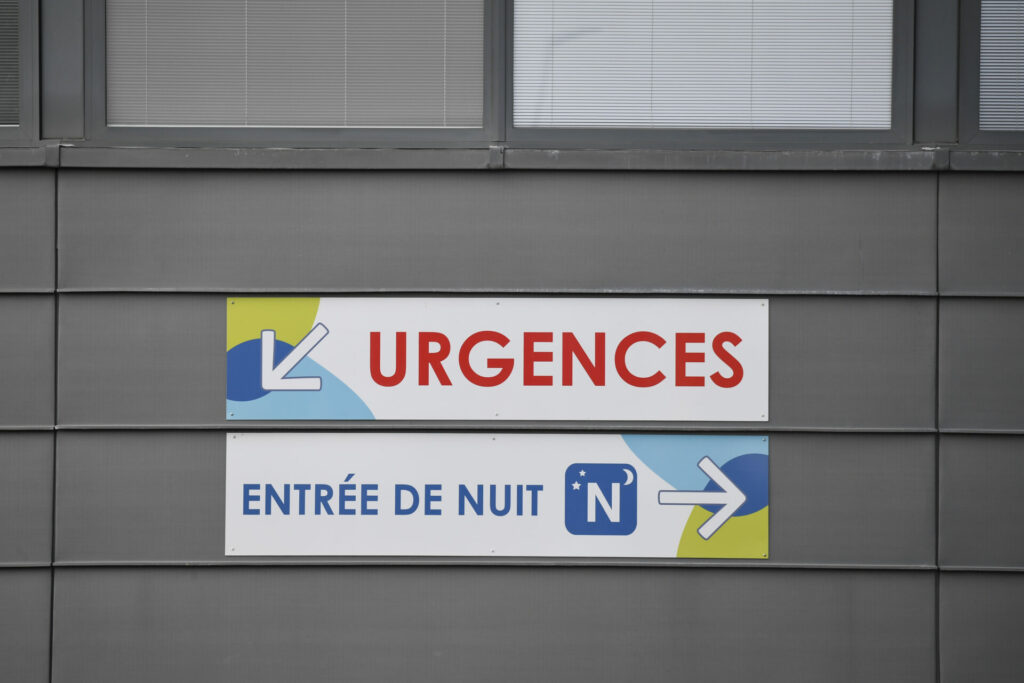In the first six months of 2022, most emergency departments in Belgian hospitals treated more patients than in the same pre-pandemic period in 2019 – leading to hospitals once again being overwhelmed due to a shortage of staff.
Two in three hospitals surveyed by VRT indicated that admissions to their emergency ward have increased by at least 10%, causing a continued strain on the healthcare services as they are not only dealing with more patients, but also with a continued post-Covid shortage of nurses.
"The fact that fewer patients are reported in the Covid-19 years is also logical because society was partially locked down," doctor Kurt Anseeuw, head of the emergency department of the ZNA hospitals in Antwerp told VRT. "People stopped going to work, stopped exercising. That also means that we saw less or even no traffic, work and sports accidents in our emergency rooms."
Additionally, children could not physically go to school, which resulted in less flu and fewer contagious childhood diseases, according to doctor Tom Schmitz, head of the emergency department at the Jan Portaels Hospital in Vilvoorde.
"What also played a role is that people were afraid to go to the hospital, and thus to the emergency room, for fear of being infected with the Covid-19," he said. "A lot of care was also delayed because of that."
GPs hit hard by Covid-19
While emergency departments saw the number of patients drop by around 10% during the pandemic, the number has shot up again by more than 10% and sometimes even up to 20% – which is more than expected, according to many emergency doctors.
The growing shortage of general practitioners also seems to be playing a bigger role, according to Peter De Paepe, head of the emergency department of Ghent University Hospital. "GPs were hit hard and overburdened during the pandemic. In three years' time, the number of emergency calls has increased by more than 20%."
A growing number of GPs is no longer taking any new patients or scheduling fewer appointments to keep up with the work. Anseeuw of the ZNA hospitals also noticed that many are retiring or switching careers after the pandemic, "and as a result, patients have to wait longer to see their GP, or simply do not get to see a doctor at all."
He added that GPs and emergency departments are closely tied together. "When patients have a problem, they want to be helped quickly. And if they cannot go to their doctor, they come to the ER, because it is open 24 hours a day, seven days a week, without an appointment."
These factors are all contributing to the continuing pressure on hospitals, which have not yet completely recovered from the two-year-long mental and physical pressure of non-stop Covid care. "Many emergency departments are struggling with understaffing, mainly because specialist nurses fall ill after the severe Covid crisis or simply choose another job."
Schmitz at the Jan Portaels hospitals in Vilvoorde said that over a period of eight weeks, eight of his nurses (out of a team of 26) have resigned. "We have been able to hire four new nurses, and we have also adapted our way of working: by triaging patients better and by supervising nurses better. So we are still able to cope with the influx of patients."

